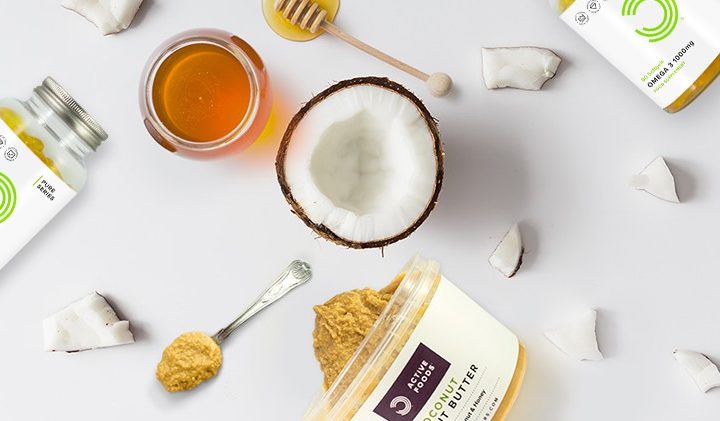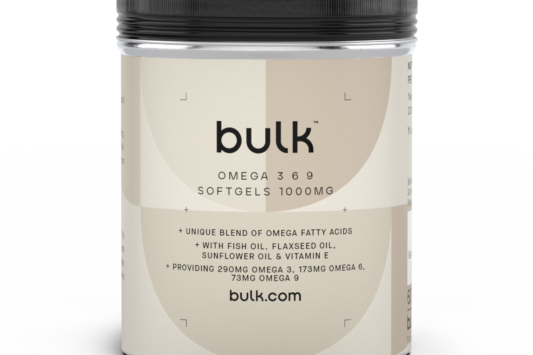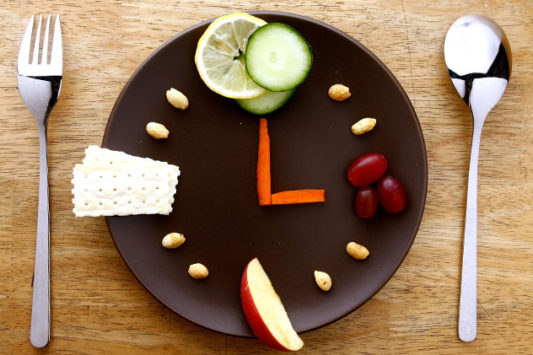Good fats: why we should take them
We have all heard that a healthy diet should include “good fats”, but do we know why exactly our body needs it?
Fats have been demonized so much that a very popular new range of foods has been developed, the zero-fat one.
Nowadays, people on a diet who are knowledgeable know that fat is an important macronutrient and that any balanced diet needs good and healthy fats. But which fats are good? What should be avoided? Why do we need fat in our diet?
GOOD FATS AGAINST BAD FATS
Dietary fats are divided into two categories: unsaturated and saturated. Unsaturated fats include polyunsaturated fatty acids and monounsaturated fats. These are good fats, which can help lower cholesterol levels and heart disease risk (if consumed in moderation).
Polyunsaturated fats, including the important omega-3 fatty acids , are believed to have many heart health benefits and can help lower blood cholesterol and triglyceride levels. Omega-3s are found in fish, fish oil supplements , flax seeds and walnuts. Fish oil contains for example long chain omega-3s which are believed to have the greatest health benefits.
Monounsaturated fats are instead a good source of vitamin E (antioxidant). They can be obtained from olives and olive oil, avocado, whole walnuts and raw seeds.
Experts agree that there is a type of fat that should be avoided completely if possible, or at least certainly minimized: trans fatty acids and saturated fats. This artificial fat is thought to increase cholesterol levels and increase the risk of heart disease. Trans fats are processed, hydrogenated fats (often called “partially hydrogenated oils” on food labels) and – surprise surprise – they are usually found in fast food, snacks, pastries and fried foods.
HOW MUCH FAT SHOULD I CONSUME?
To some extent, fat intake is up to you, calorie balance is what matters. Some people prefer to eat more fat and less carbohydrates, while others prefer to consume more carbohydrates (so you need to minimize fat). But we all need to consume some healthy fats in our diet, especially omega-3s. If you don’t eat oily fish 2-3 times a week, it’s a good idea to take a high-quality omega-3 supplement , a fish oil supplement, or use a mixture of omega oil .
Remember that fats are more calorie than carbohydrates and proteins. One gram of fat has 9 calories (compared to 4 calories per gram of carbohydrates and proteins).
THE BENEFITS OF GOOD FATS
Good fats are an important part of any healthy diet. Good fats provide essential fatty acids, help provide fat-soluble vitamins (A, D, E and K), support brain function, help keep our hormones healthy and are a valuable source of energy.
The most important advantage of healthy food fats is heart health. Omega 3 fatty acids (such as those contained in fish oil supplements) can reduce triglycerides and inflammation, increase “good cholesterol” and reduce hypertension.
Good fats can also reduce cell inflammation. Good omega-3 fats also appear to help minimize the risk of lifestyle-related diseases, including high levels of insulin, hypertension and obesity, which can lead to type 2 diabetes or heart disease.
The three types of omega-3 fatty acids (ALA, EPA, DHA) also appear to have a positive impact on mental health, mood and depression. Some studies also suggest that good omega-3 fats may be helpful in managing some autoimmune diseases, as an alternative to anti-inflammatory drugs.
FIND YOUR FAVORITE GOOD FATS
Omega 3 supplements, omega oils and fish oil capsules are a fantastic source of good quality fats (when taken in precise doses). But you can enjoy the health benefits of fats in your diet outside of oils and capsules. How about the benefits of coconut products, including organic coconut oil ? Or everyone’s favorite: nut butter ! There are lots of different nut butters, creams and seeds.











